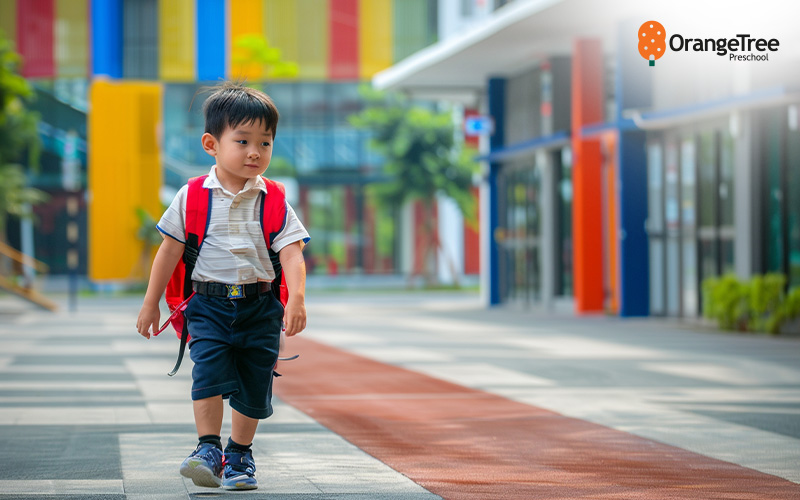
What Should My Child Know Before Preschool?
15 August 2025
Key Takeaways
- Beyond academic ability alone, preparing for preschool is more about social, emotional, and practical readiness.
- Building basic self-help skills, communication, and routine-following helps children settle in more smoothly.
- Early experiences with social readiness and emotional independence can support a smoother transition into a preschool programme.
Starting preschool is an exciting milestone for both children and parents. For many families in Singapore, it marks the first time their child is in a structured learning environment. While it is natural to wonder if your child needs to know how to read, write, or count before starting school, the truth is that preparing for preschool is much more about day-to-day skills and emotional readiness than academic performance.
A smooth transition into a preschool programme often comes down to how well your child can manage small tasks, express themselves, and feel comfortable around others. With some support at home, your child can start preschool feeling more confident and secure. Here are five key areas to focus on.
1. Basic Self-Help Skills
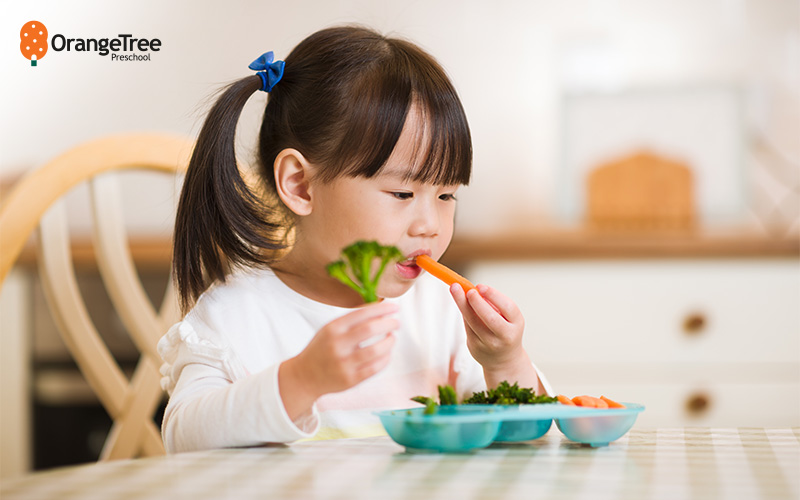
Children entering preschool do not need to be fully independent, but having a foundation in basic self-help skills can ease the transition. This includes knowing how to:
- Wash and dry their hands after using the toilet or before meals.
- Eat snacks or meals with minimal help, using a spoon or fork.
- Recognise when they need the toilet (if already potty-trained) and alert an adult.
Practising these small tasks at home builds confidence and gives your child a sense of control in new environments. Teachers also appreciate when children are familiar with these routines, as it allows more time for learning and play.
2. Simple Communication
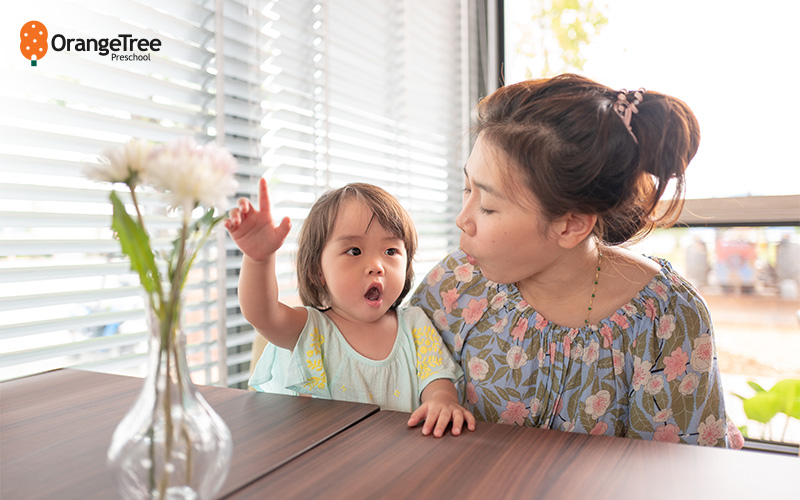
Another important part of preparing for preschool is helping your child express their needs clearly. They should be able to:
- Say when they are hungry, tired, upset, or need help.
- Follow simple instructions such as “Please pack away your toys” or “Line up at the door.”
Imparting clear communication minimises the risk of miscommunication and frustration, allowing teachers to support your child more effectively. It is also okay if your child is still building their vocabulary; what matters most is their ability to connect words with actions and feelings.
3. Social Readiness
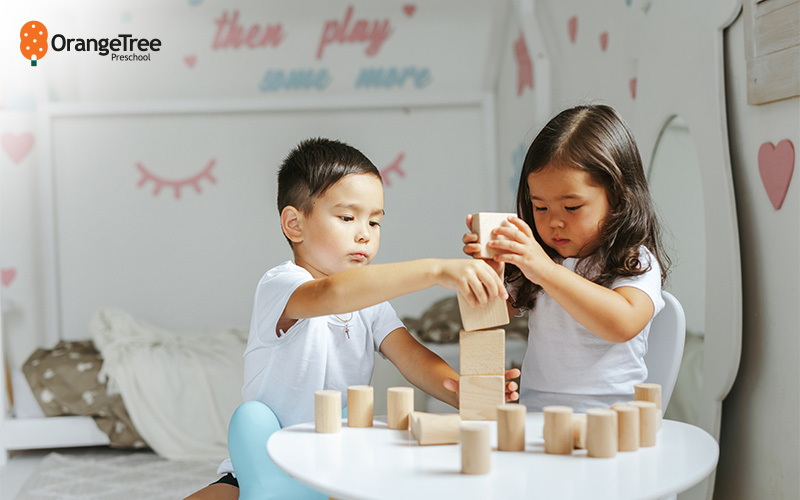
Preschool is a social setting, and social readiness plays a key role in your child’s adjustment. You can encourage this by:
- Arranging playdates or small group activities where your child learns to share, take turns, and wait patiently.
- Observing how they respond to being around other children—whether they join in, watch quietly, or need encouragement.
These early social interactions help your child feel more at ease in a classroom, where they will need to navigate shared spaces, toys, and group activities.
4. Following Simple Routines
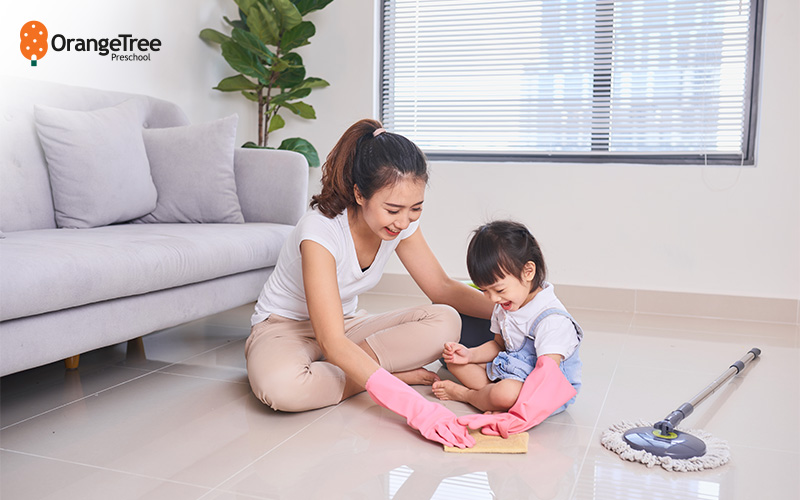
A key part of preparing for preschool is structure. Children who have had some experience with routine will often adapt more easily. This might include:
- Sitting down during snack time without wandering off.
- Helping to tidy up after an activity.
- Moving from one task to another when prompted by an adult.
At home, you can introduce simple routines such as reading a book before bed, putting toys away after play, or having consistent meal times. These habits reinforce what your child will experience in school.
5. Emotional Independence
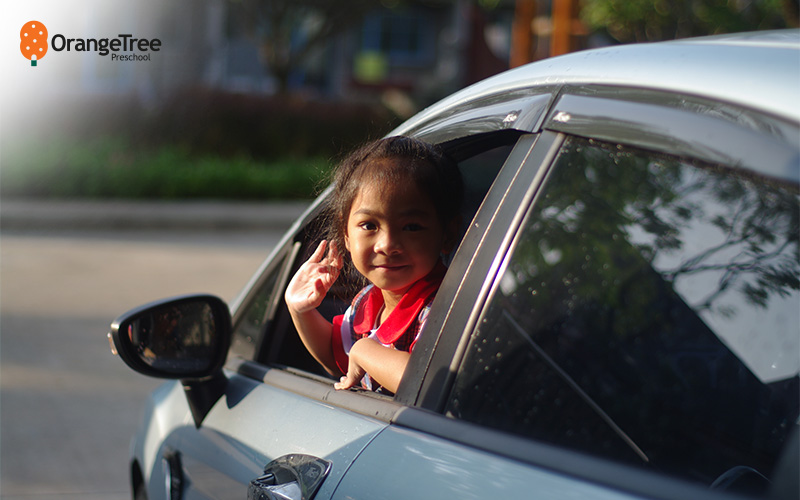
For many children, preschool is the first extended time away from their parents. Supporting emotional independence helps reduce anxiety and builds resilience. You can try:
- Practising short separations, such as staying with a grandparent or trusted friend for an hour.
- Using comfort objects (like a favourite toy) during transitions.
- Establishing goodbye rituals that reassure your child, such as a hug and a cheerful phrase.
As you begin preparing for preschool, these useful techniques can support your child’s ability to self-soothe and adjust to being part of a group without constant one-on-one attention.
The most important aspect of preparing for preschool is not about teaching your child to read or write. Rather, it is about setting them up for a positive and confident start to life in the classroom. By focusing on basic self-help skills, social readiness, following routines, and building emotional independence, you are giving your child the tools they need to thrive in their early learning environment.
At Orange Tree Preschool, we understand the importance of this transition. Our experienced educators provide a nurturing space that supports every child’s needs, and our bilingual preschool approach strengthens both communication and cultural identity in a multicultural setting. If you are looking for a welcoming environment where your child can grow, learn, and explore, we invite you to visit our preschool in Choa Chu Kang or River Valley.
To learn more about our programmes and facilities, please schedule a tour with us today.
